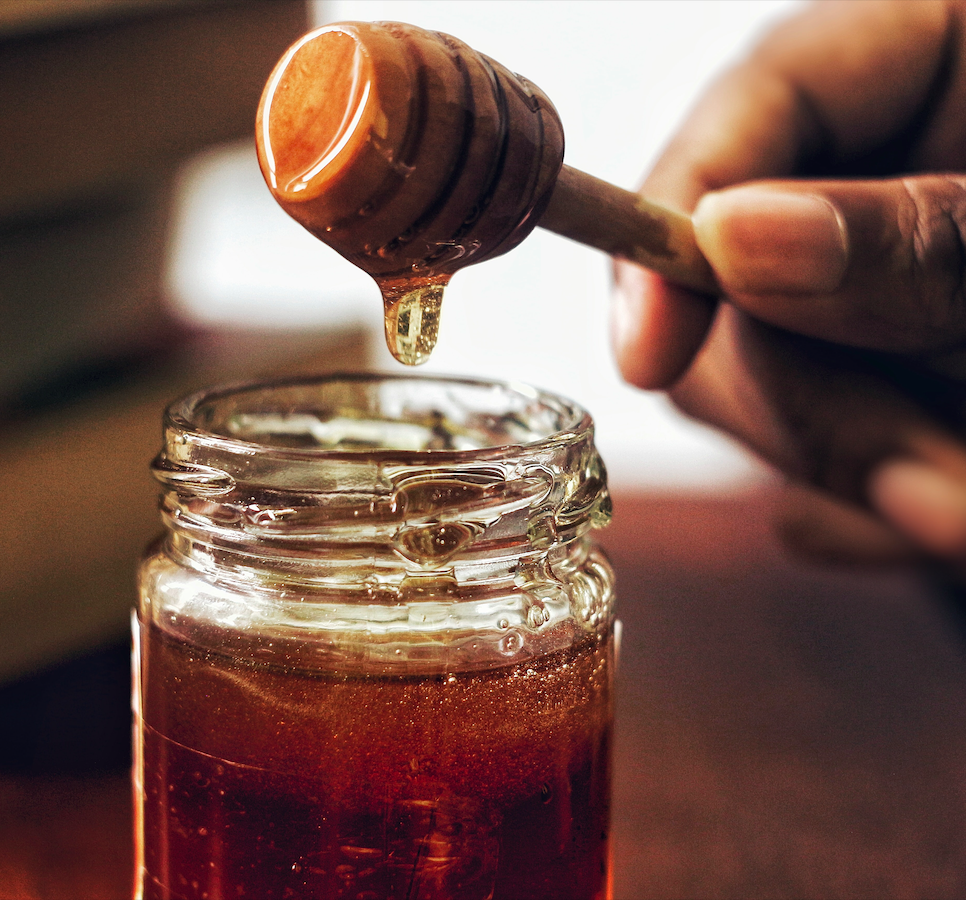Bees are incredible little creatures. Besides propping up the ecosystem as we know it — they play a part in every aspect of the ecosystem thanks to pollination — bees also produce one of nature’s most potent ingredients: honey.
As an ingredient, honey has been noted to have both effective antimicrobial and healing properties, making them one of the best ingredients to combat skin conditions like acne.
Lawyer-turned-entrepreneur Chia Su-Mae would know. As a teenager, Chia struggled with hormonal acne and bounced between countless skincare products and dermatological prescriptions fruitlessly.
Eventually, she began experimenting with honey; her parents founded homegrown brand HDI Group, which has been distributing bee products in Singapore since the 80s.
It’s what led the 31-year-old to set up her own line of skincare products focusing on the natural restorative powers of honey — and so in 2015, Bskin was born.
“Of course, starting my own line of skincare products wasn’t my first port of call,” she laughs, “but it was when I realised my acne didn’t seem to be going away with age that I knew I had to do something about it.”
It’s why Bskin’s entire range of products are stringently produced by a carefully selected manufacturer in South Korea. “I had a long list of ingredients that I wanted excluded from Bskin’s products,” confides Chia. “Many of these ingredients that I wanted excluded are actually commonly found in skincare and beauty products, so it was challenging to exclude them from our Bskin products.”
She tells us just why honey — and just about every other bee byproduct — is such an efficient ingredient in skincare, and drops some personal skincare tips for fellow acne-sufferers.
What is it about bees and their byproducts that make them perfect ingredients for skincare?
Bees actually produce more than just honey — they also make propolis, royal jelly and pollen. All these are powerhouse ingredients that have been used for centuries in traditional medicine for their nutritional, healing and restorative properties.
Each ingredient has its own benefits for skin — for example, honey is a humectant, meaning it has a natural ability to hold onto water and hence is great for hydrating the skin without any oily after-feel.
Royal jelly helps to improve skin elasticity and stimulate collagen growth for younger-looking skin.
Propolis has incredible antibacterial and antifungal properties, so it’s good for fighting acne-causing bacteria and improving skin immunity.
Finally, bee pollen is different from regular pollen because bees combine pollen with bee saliva and other natural secretions to give it anti-inflammatory properties. This is why bee pollen is effective for soothing the skin and treating allergies.
Some people have a belief that any sort of chemical-based ingredient is “unnatural” and should have no place in skincare. What’s your take on this?
I disagree. It’s impossible to exclude all chemicals from skincare or the many other products we use on a daily basis. In fact, water, which forms the bulk of most skincare formulations, is also a chemical compound. Many people don’t realise this, but “natural” and “organic” products are not necessarily free from toxic ingredients.
You’ve spoken about growing up with teenage acne. At what point did you decide that enough was enough and you wanted to create your own line of skincare products?
I struggled with teenage acne growing up and also battled adult acne in my working years due to my diet, poor lifestyle habits and stress. It was when I realised my acne didn’t seem to be going away with age that I knew I had to do something about it.
Of course starting my own line of skincare products wasn’t my first port of call — I visited dermatologists, flirted with various products and tried antibiotics before deciding I wanted a more natural solution to my acne woes, and one with long-term results.
Your family has a history of distributing honey-based products through HDI. Where did you first realise that bees (and honey) were a vital source for skincare products that worked?
After doing further research into this area of skincare, I started experimenting with applying pure honey on my face and leaving it on as a mask. It gave my skin a glow and provided a quick hydration boost. So it was an easy decision to start a skincare brand incorporating these tried and tested bee actives — in fact, Cleopatra’s flawless skin was said to be thanks to the regular milk and honey baths that she took.
Given the “new normal” and your experience with acne, what’s a skincare routine you would recommend?
With extended periods of mask wearing, it’s important to keep your skin clean by washing it with a gentle cleanser.
Resist the urge to wash your face more than twice a day or you’ll risk stripping your skin’s moisture barrier.
Applying a non-greasy moisturiser is also crucial, as it provides a layer of protection against the friction between the mask and your skin that may further dehydrate your skin and cause irritation.



